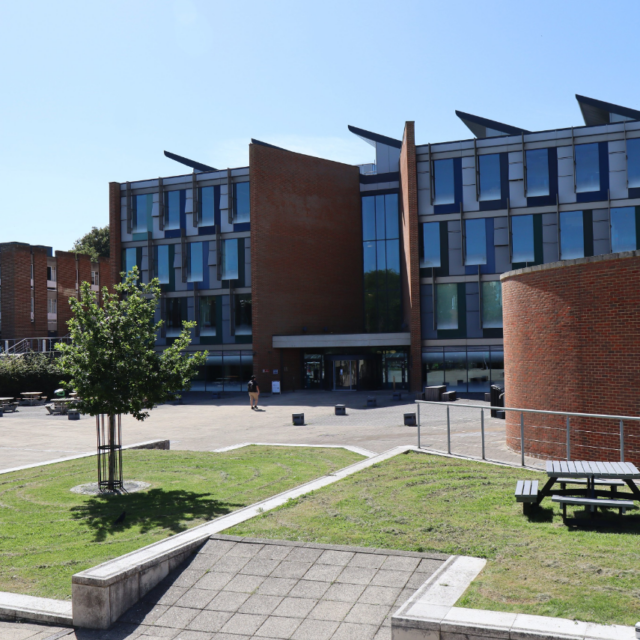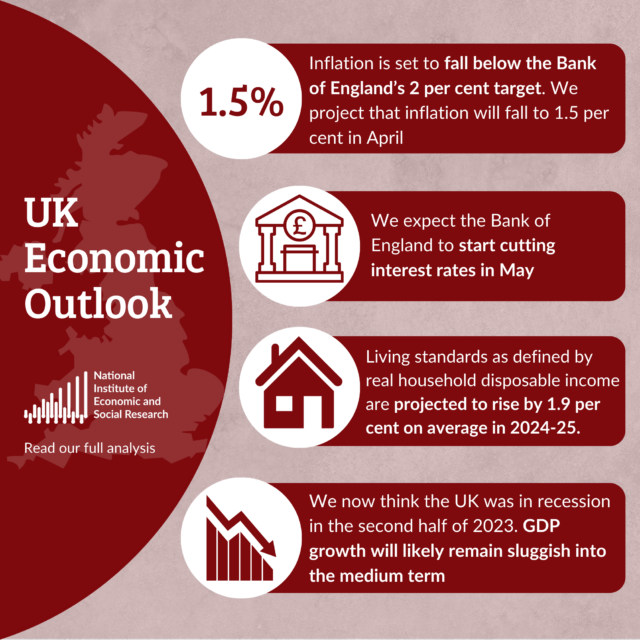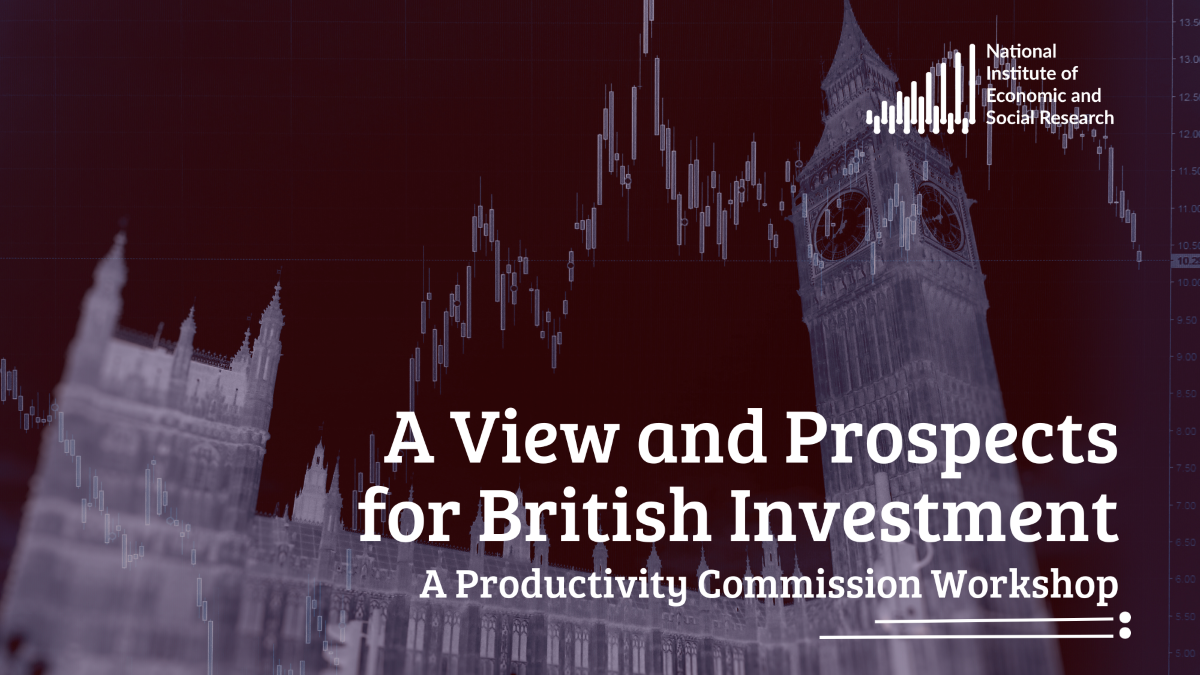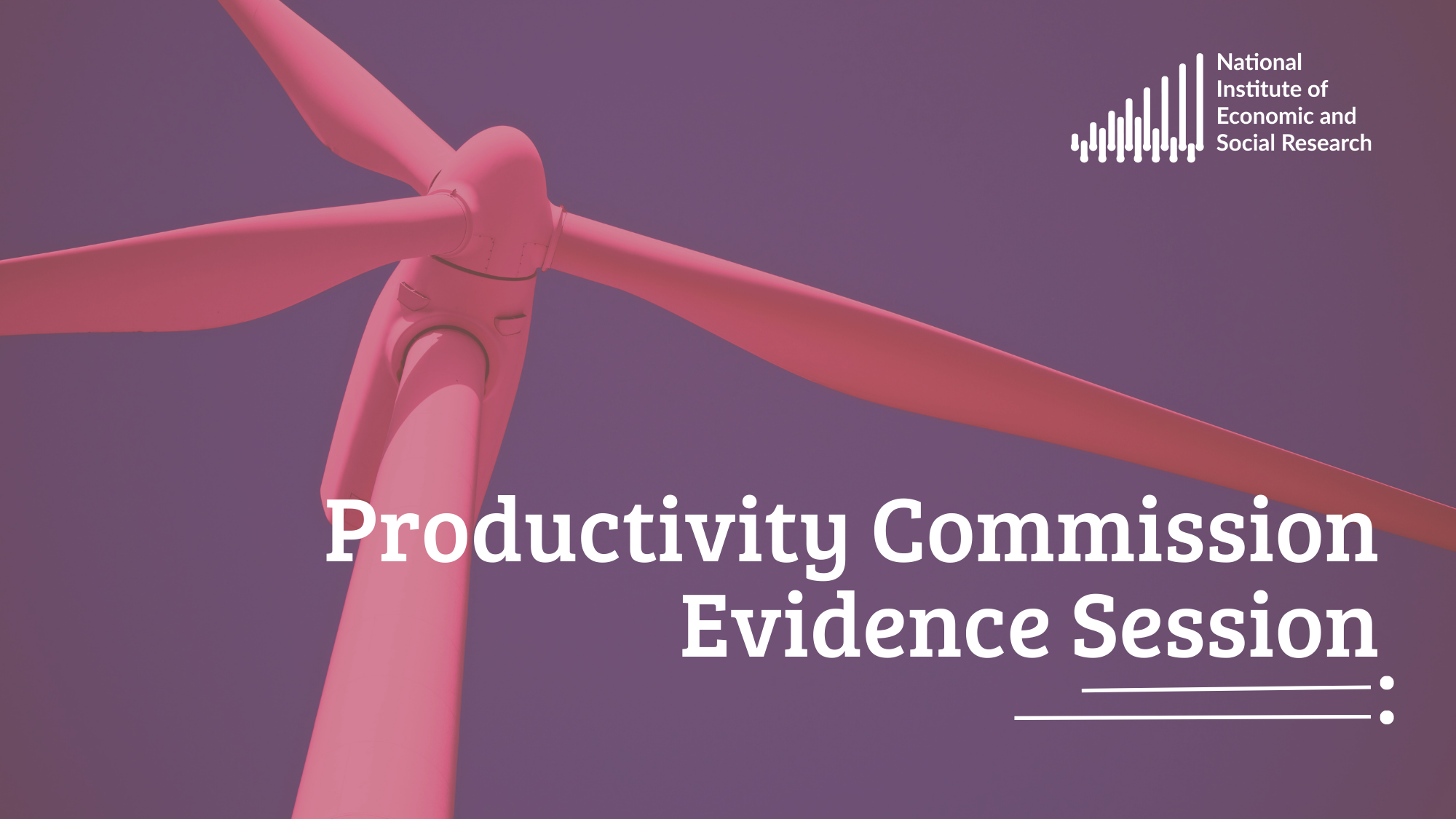Remembering Professor Sig Prais
NIESR was founded 80 years ago this week and it’s a time to remember those who contributed to the life and success of the Institute over the decades. One of our brightest stars is Professor Sig Prais who was closely associated with the Institute for more than 60 years.
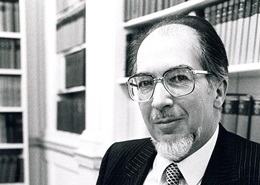

Born in Germany in 1928 into an Orthodox Jewish family, Sig Prais came to England as a refugee in 1933. His father was admitted on a three month visa renewable on condition that he would create employment in Birmingham. His family set up Elbief Co, which made metal frames for Grace Kelly style handbags. This experience gave the young Sig an insight into productivity, management and work organisation which was later to become a focus of his research. It also equipped him with a very practical style of problem solving which he combined with a strong and incisive intellect.
Sig Prais joined the Institute first in 1953 where he worked on business concentration. He also held positions at the universities of Cambridge and Chicago, the UN Technical Assistance Organisation and the IMF before taking up a permanent position at NIESR in 1970 first as a Senior Research Fellow. Initially his focus was on productivity and industrial structure, moving to a closer analysis of the role of vocational training in productivity improvements in the 1980s. He concluded that poor quality and education were at the root of the UK’s productivity problem and his cross-country comparisons of education and training systems were internationally acclaimed. This conclusion made him increasingly interested in education, particularly attainments in mathematics and he served on Education Secretary Kenneth Baker’s mathematics working group. Sig later became interested in the teaching of early years’ pupils. He was particularly impressed with aspects of early years teaching in Switzerland and undertook many visits to observe classroom practice and to enjoy time in the country which had first given his family refuge from the Nazis. In his later years he developed a strong interest in the academic performance of faith schools.
During his time at NIESR Professor Prais received many honours, awards and accolades: He was a member of Council of the Royal Economics Society from 1979-83, fellow of the British Academy in 1985; He was awarded D.Litt by City University in 1989, and an Honorary Doctor of Science by Birmingham University in 2006, almost 60 years after completing his first degree from that institution. His scholarly work is widely cited and has influenced research, policy and practice over many decades. Some of his work in the National Institute Economic Review can be accessed through this link (for subscribers only).
A lesser known fact about Professor Prais was his role in challenging claims by electric light manufacturers about the optimal life of a bulb. In 1968 the Monopolies Commission began to examine the claim of lighting manufacturers that the optimal economic life of a bulb was 1000 hours, which he disputed. Having detected an error in the mathematical calculations of manufacturers, Sig Prais maintained a lengthy campaign which included giving evidence to the House of Commons Committee on Science Technology. At the end of the campaign, ‘long life’ bulbs became far more readily available to UK consumers and are now standard. NIESR also benefited from his practical skills in adjusting our heating system, a talent which he shared with Professor Martin Weale who was NIESR director during Sig’s later years.
Sig Prais was a valued colleague and friend to many researchers who have passed through NIESR’s doors for more than 60 years of its existence. In his eighties long after most researchers give up their endeavours he continued to visit several times a week, to research and write and have lunch with colleagues and friends. He was clever, insightful and entertaining with a dry wit that made you laugh out loud. When illness prevented him from making his regular visits to NIESR, he was greatly missed. His office, with its sofa for afternoon naps, was left unoccupied for long after because we hoped that he might return and could not imagine NIESR without him. He passed away on Saturday 22nd February 2014. His energy, intelligence and commitment to policy-related research remain here, as part of our past and present.











